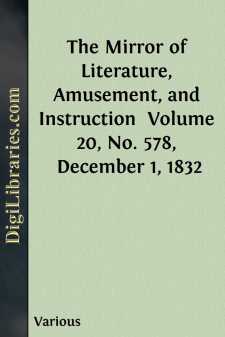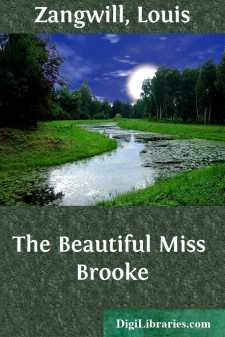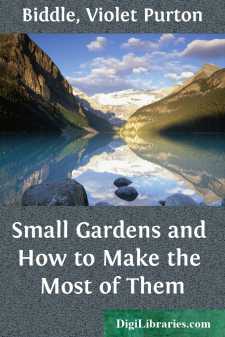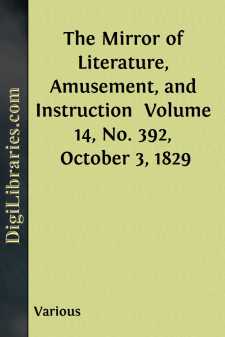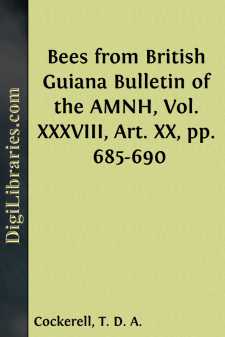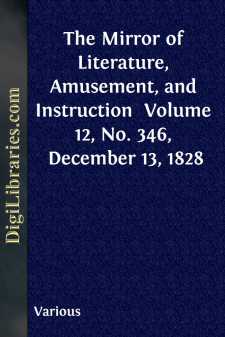Categories
- Antiques & Collectibles 13
- Architecture 36
- Art 48
- Bibles 22
- Biography & Autobiography 815
- Body, Mind & Spirit 144
- Business & Economics 28
- Children's Books 18
- Children's Fiction 14
- Computers 4
- Cooking 94
- Crafts & Hobbies 4
- Drama 346
- Education 58
- Family & Relationships 59
- Fiction 11834
- Games 19
- Gardening 17
- Health & Fitness 34
- History 1378
- House & Home 1
- Humor 147
- Juvenile Fiction 1873
- Juvenile Nonfiction 202
- Language Arts & Disciplines 89
- Law 16
- Literary Collections 686
- Literary Criticism 179
- Mathematics 13
- Medical 41
- Music 40
- Nature 179
- Non-Classifiable 1768
- Performing Arts 7
- Periodicals 1453
- Philosophy 65
- Photography 2
- Poetry 896
- Political Science 203
- Psychology 44
- Reference 154
- Religion 515
- Science 126
- Self-Help 85
- Social Science 83
- Sports & Recreation 34
- Study Aids 3
- Technology & Engineering 59
- Transportation 23
- Travel 463
- True Crime 29
Our website is made possible by displaying online advertisements to our visitors.
Please consider supporting us by disabling your ad blocker.
The Book of Khalid
Description:
Excerpt
AL-FATIHAH
In the Khedivial Library of Cairo, among the Papyri of the Scribe of Amen-Ra and the beautifully illuminated copies of the Korân, the modern Arabic Manuscript which forms the subject of this Book, was found. The present Editor was attracted to it by the dedication and the rough drawings on the cover; which, indeed, are as curious, if not as mystical, as ancient Egyptian symbols. One of these is supposed to represent a New York Skyscraper in the shape of a Pyramid, the other is a dancing group under which is written: “The Stockbrokers and the Dervishes.” And around these symbols, in Arabic circlewise, these words:––“And this is my Book, the Book of Khalid, which I dedicate to my Brother Man, my Mother Nature, and my Maker God.”
Needless to say we asked at once the Custodian of the Library to give us access to this Book of Khalid, and after examining it, we hired an amanuensis to make a copy for us. Which copy we subsequently used as the warp of our material; the woof we shall speak of in the following chapter. No, there is nothing in this Work which we can call ours, except it be the Loom. But the weaving, we assure the Reader, was a mortal process; for the material is of such a mixture that here and there the raw silk of Syria is often spun with the cotton and wool of America. In other words, the Author dips his antique pen in a modern inkstand, and when the ink runs thick, he mixes it with a slabbering of slang. But we started to write an Introduction, not a Criticism. And lest we end by writing neither, we give here what is more to the point than anything we can say: namely, Al-Fatihah, or the Opening Word of Khalid himself.
With supreme indifference to the classic Arabic proem, he begins by saying that his Book is neither a Memoir nor an Autobiography, neither a Journal nor a Confession.
“Orientals,” says he, “seldom adventure into that region of fancy and fabrication so alluring to European and American writers; for, like the eyes of huris, our vanity is soft and demure. This then is a book of travels in an impalpable country, an enchanted country, from which we have all risen, and towards which we are still rising. It is, as it were, the chart and history of one little kingdom of the Soul,––the Soul of a philosopher, poet and criminal. I am all three, I swear, for I have lived both the wild and the social life. And I have thirsted in the desert, and I have thirsted in the city: the springs of the former were dry; the water in the latter was frozen in the pipes. That is why, to save my life, I had to be an incendiary at times, and at others a footpad. And whether on the streets of knowledge, or in the open courts of love, or in the parks of freedom, or in the cellars and garrets of thought and devotion, the only saki that would give me a drink without the asking was he who called himself Patience....
“And so, the Book of Khalid was written. It is the only one I wrote in this world, having made, as I said, a brief sojourn in its civilised parts....



